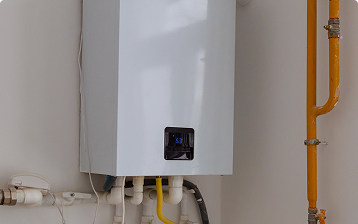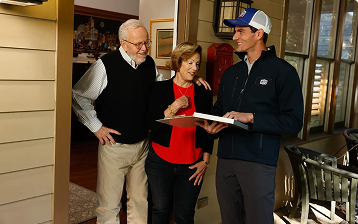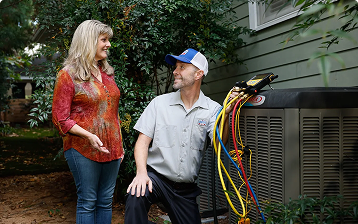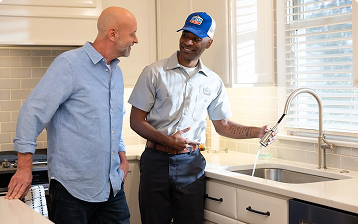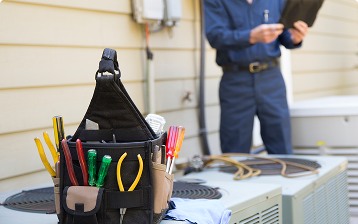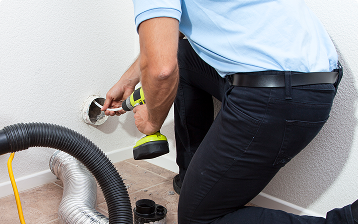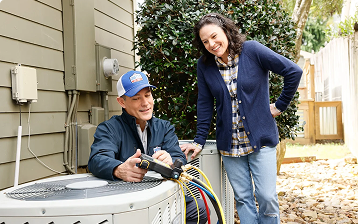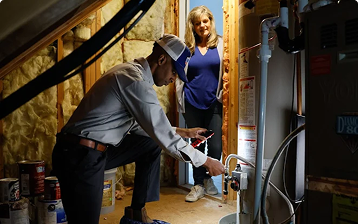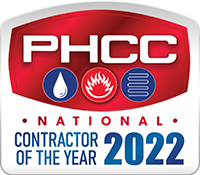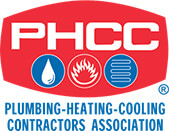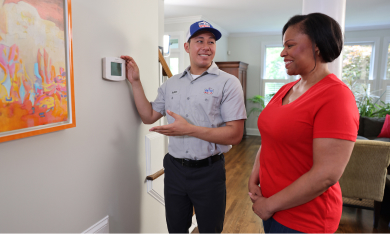
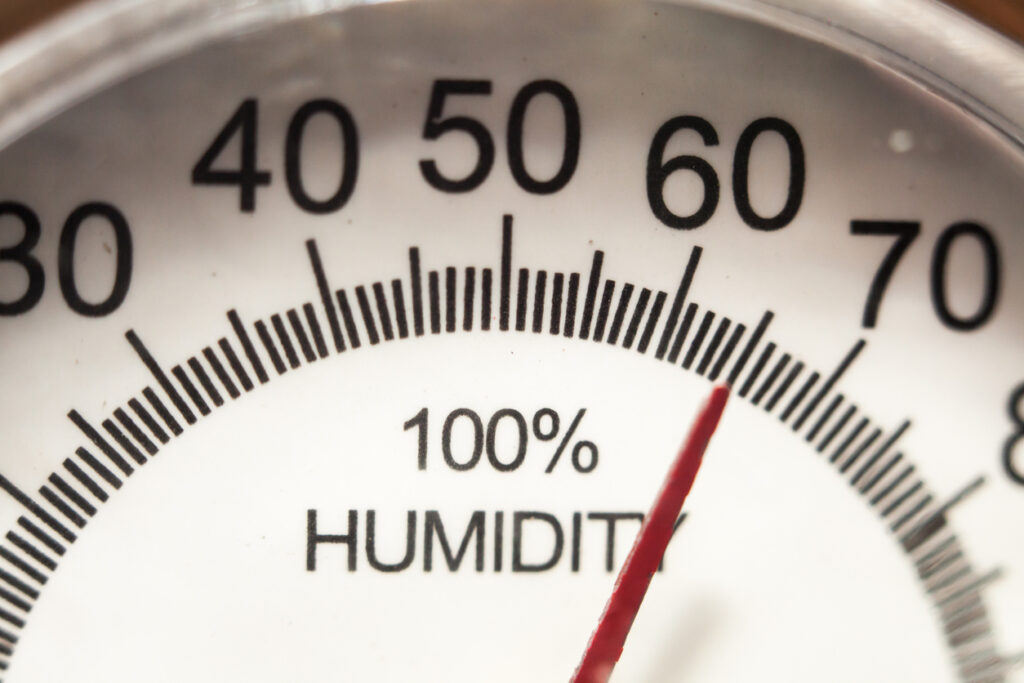
If you’re wondering whether you can use a humidifier with an air conditioner, the short answer is yes; however, it depends on your climate.
In dry climates, adding moisture to indoor air while cooling can improve comfort. However, in humid regions like Atlanta, using a humidifier with your AC is generally not recommended. The combination can lead to excess moisture in the air, which can create problems like mold, mildew, and poor indoor air quality.
In this blog post, the team at United Air Temp explains why Atlanta homeowners should focus on dehumidification during the hot, humid summer season and use humidifiers only when winter air becomes too dry.
How Your AC Controls Humidity
Air conditioners don’t just cool your home; they also remove moisture from the air.
As warm air passes over the evaporator coil, moisture condenses and drains away, helping to reduce indoor humidity.
In humid climates like Atlanta, this function is essential to maintaining comfort and preventing issues like mold growth.
How a Whole-Home Humidifier Works
Whole-home humidifiers are installed directly into your HVAC system to introduce moisture into the air during heating cycles.
They’re especially useful in winter when indoor air can become dry due to frequent heating.
These systems maintain a consistent level of humidity throughout the home, improving air quality and comfort.
Types of Humidifiers
There are several different types of humidifier systems available, each with slight variations in their functionality:
- Evaporative humidifiers use a fan to blow air through a wet wick filter, adding moisture to the air.
- Ultrasonic humidifiers use high-frequency vibrations to create a cool mist and are known for their quiet operation and energy efficiency.
- Steam vaporizers heat water to create steam, then release it into the air.
- Impeller humidifiers use a rotating disk to produce a cool mist and are typically best for smaller spaces.
- Whole-house humidifiers attach to your HVAC system’s ductwork to manage humidity throughout your entire home. This option is best for comprehensive comfort.
When To Use Your Humidifier in Atlanta
While Atlanta’s summers are far too humid for a humidifier, winters can bring dry indoor air due to increased furnace use.
Signs of low indoor humidity include:
- Increased static electricity
- Dry skin
- Irritated eyes
- Respiratory issues
- Cracks in wood furniture or floors
Just be sure to only use humidifiers when indoor air becomes dry, typically during colder months.
Optimal Humidity Levels
Maintaining indoor humidity levels between 30% to 50% is ideal. Staying within this range:
- Prevents skin irritation
- Prevents eye, nose, and throat irritation
- Reduces allergens
- Protects your home from moisture-related damage
Between your AC in the summer and a furnace and humidifier in the winter, your home should be able to maintain this balance year-round.
Best Practices for Using a Humidifier
When using a humidifier, it’s best to follow the guidance below to ensure optimal safety and comfort indoors:
- Use a hygrometer to monitor indoor humidity and ensure it remains within the 30% to 50% range.
- Avoid over-humidifying, especially in a humid climate like Atlanta. Too much moisture can lead to mold, mildew, and dust mites.
- Schedule routine maintenance for your humidifier and HVAC system to ensure everything operates efficiently and safely.
Trust United Air Temp With Your Home Comfort Needs
Whether you need help managing indoor humidity or maintaining your AC system, United Air Temp is here to help.
We understand Atlanta’s unique climate and can recommend the ideal solutions to keep your home comfortable all year long.
Ready to improve your indoor air quality? Contact us today to request humidifier installation or AC maintenance!




